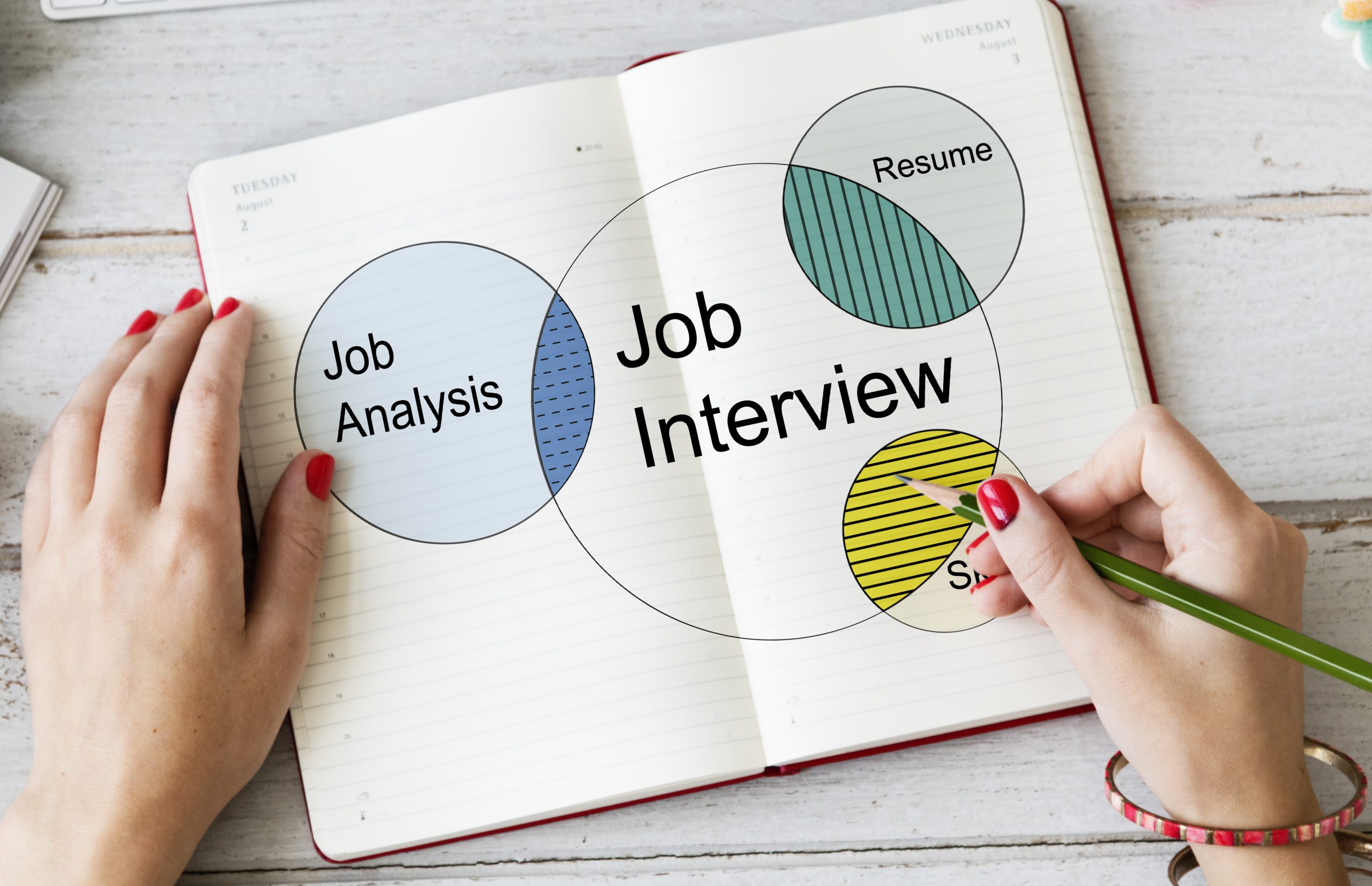I was a workaholic I won’t lie, but working hard is the root of success. If you want to stand out in your job, get noticed for that promotion or move your business in the right direction, you’ll have to work hard. The sacrifices we make to succeed and put in longer hours or take work home, but being strategic in your efforts and keeping focused will keep you on track for your dream.
Workaholism (if a word) looks very similar to high performers on the outside but they’re actually very different and not alike.
I read a quote about high performers and workaholics which separates them A high performer works hard in “healthy sustainable ways and feels happy and inspired,” Meanwhile, a workaholic “works hard in unhealthy unsustainable ways and feels unhappy and burned out.”
Even though is it very true high performers can look a lot like workaholics from the outside, digging deeper you’ll find out they are very different.
1. Know your value (high performers) | others determine your value (workaholic)
“A high performer knows their self-worth and can thus work with a sense a freedom,”. High performers are doing self-assessments on their performance which helps they to constantly improve.
A workaholic, on the other hand, relies on external validation from those around them: bosses, colleagues, and clients. They wait for external evaluations, such as mid-year or annual reviews, to understand how well they are doing, which causes them to work with a constant sense of fear.
2. The difference from giving a 100% to 110%
We always in the interview process offer 100% and appraisals, but working flat out all the time is not possible nor healthy. A high performer knows then to “turn it up”, they know when they’re expected or required to give everything to a specific project or duty and save energy on other occasions. Workaholics buy into the idea of 110%, which high performers don’t. A workaholic will go out all the time, taking work home and not having a good strategy in place. With the difficulty of prioritizing what is important means everything is important.
3. Strategy
High performers will be proactive about time, work and other duties that could occur during a working day. They structure their day and focus on the most meaningful and important things first, which can allow for unplanned events. They will usually focus on one task with high intensity and allow no distractions.
Workaholics allow others how their time gets spent from reacting to emails, unplanned events, calls and other distractions. Everyone’s team has those colleagues who take on anything and everything that’s thrown at them and just can’t seem to say no. You need to put yourself first and know what your responsibilities are and prioritize and have confidence in turning down requests to help if it will affect your own work.
4. Balance
Managing demands from your career and home life can be difficult for most of us, we all struggle from time to time. The pressures from the deadlines and work load with the children’s parents evening, football practice and family birthdays can get the stress levels higher than usual. High performers will understand the importance of striking the best work life balance.
Some points above will help you get the balance and everyone understands that being well-rested and taking time to relax at the evening and weekend will increase productivity at work. You need to ensure your personal relationships never suffer from a result of work. Workaholics will miss personal commitments to get more work done, think strategically about your career path plus duties within your current position, sometimes take a step back.
At the end of the day, workaholics do work to look important while high performers look for important work to do


